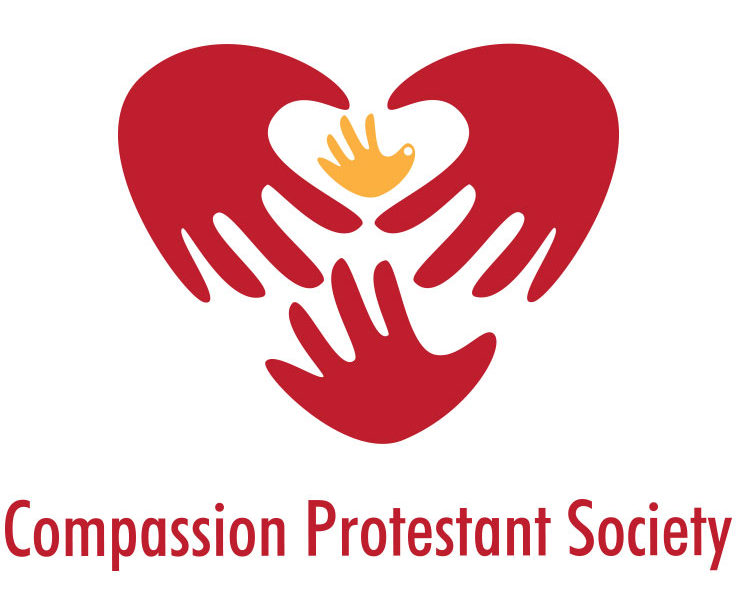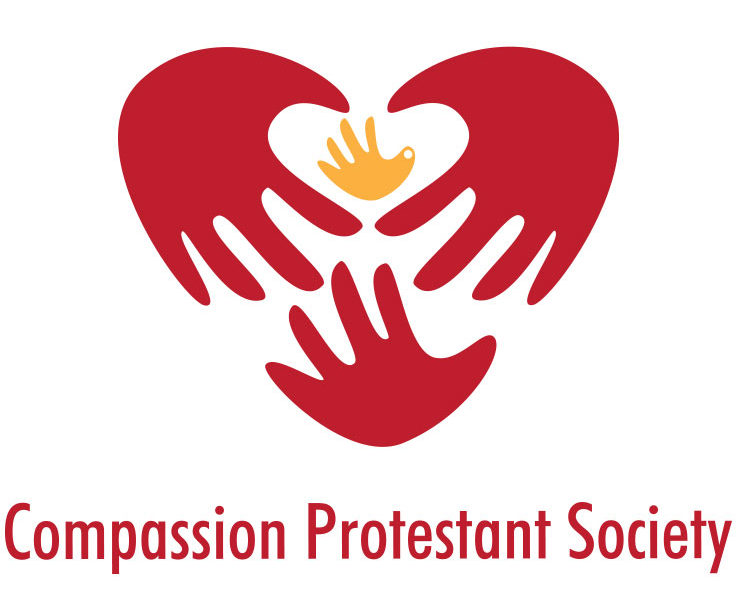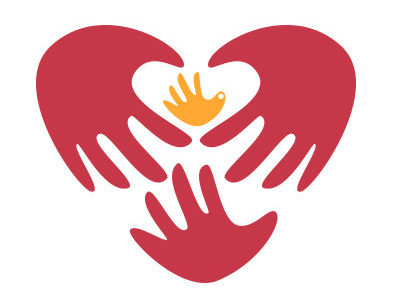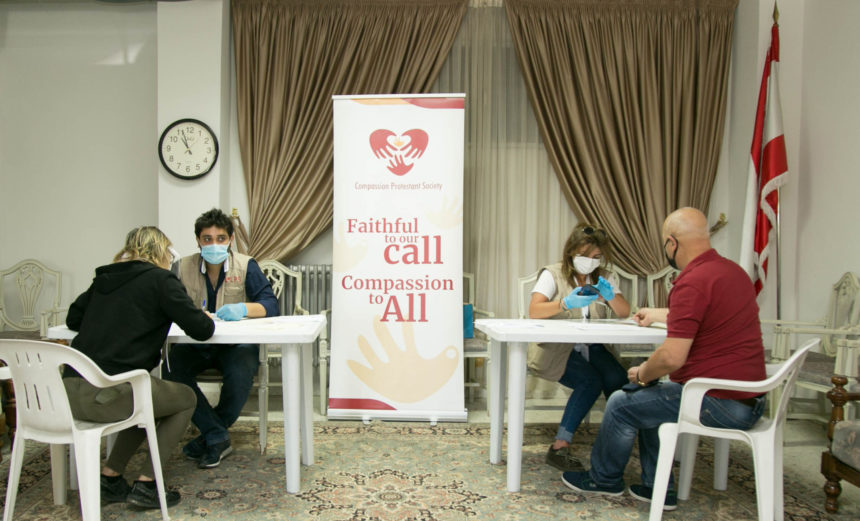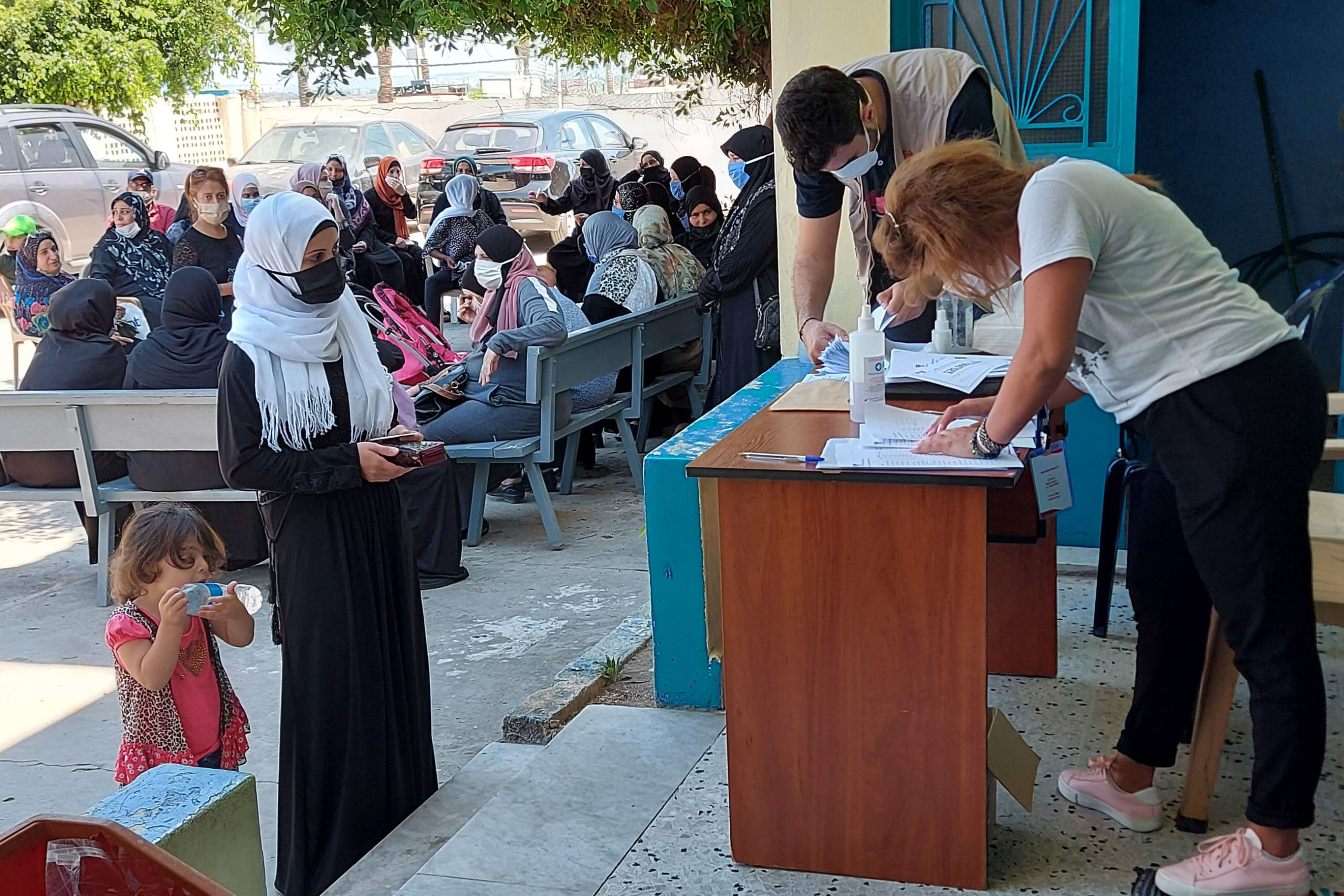
Project Summary
The outbreak of COVID-19 reached stage 3 of community transmission in Lebanon. The numbers of infected individuals have been aggressively and exponentially on the rise, and the number of patients already reached double the availability of beds and respirators in hospitals. The healthcare system is frail and is literally poor because of the government’s funds default. Therefore, medical supplies have become black market commodities as a result of the fourfold increase in their prices.
Additionally, on the economical level, any hope of a potential government has already faded because of the ever-growing power grab by the political parties in Lebanon. This, in turn, keeps repelling any funds from the International Monetary Fund and other foreign administrations who were willing to finance Lebanon’s economy. All this in addition to the rocketing rate of the dollar against the Lebanese pound, and the unavailability of dollars in the country where the exchange is illegal in the black market. This continues to make all sectors including the medical, educational, and business sectors crippled.
Number of Vouchers Distributed
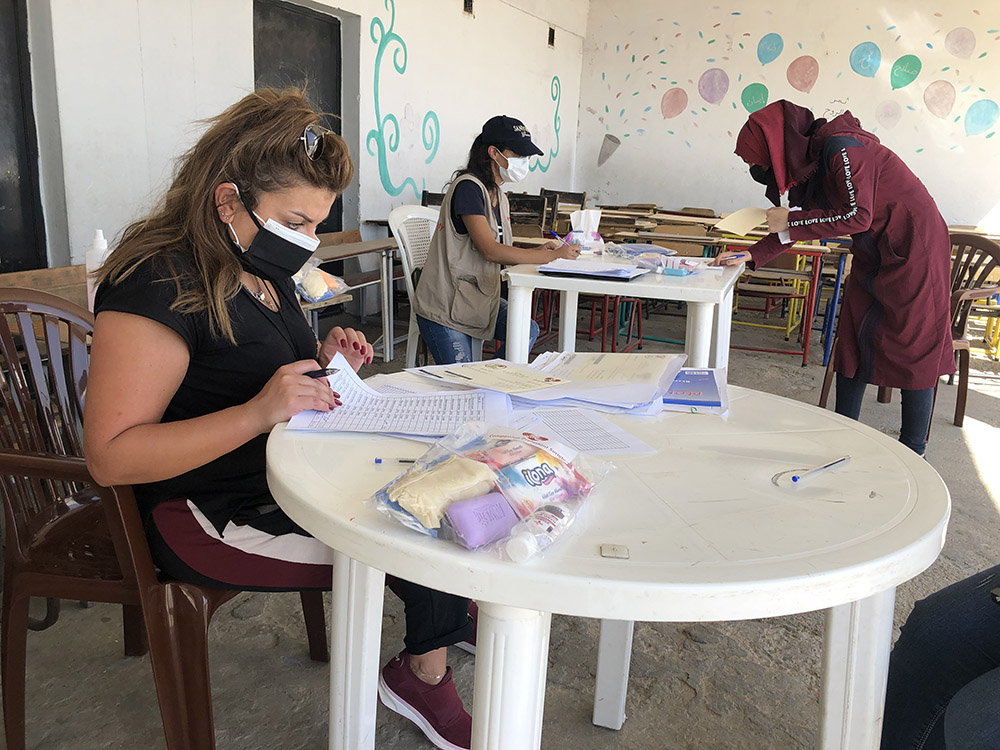
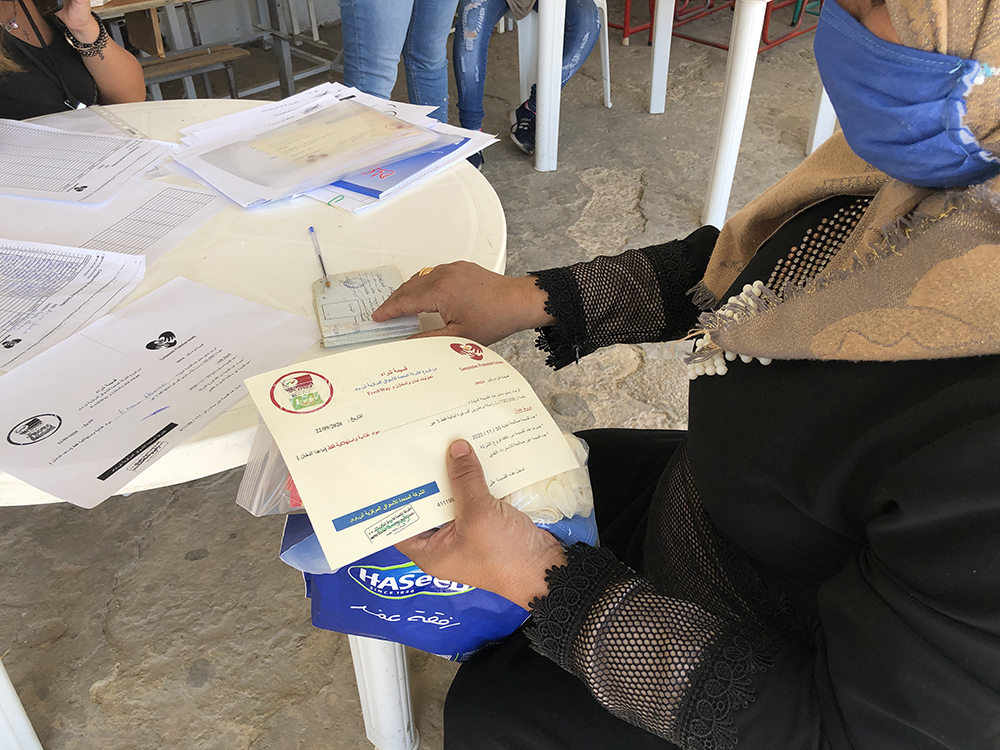
General objectives:
The CPS Food Security Program was initiated to counter the Covid-19 crisis and the collapse of the Lebanese economy.
Target groups:
Syrian refugees, Lebanese host families and the most vulnerable families affected by the Beirut explosion.
Timeline:
May 2020 – December 2020
Importance of the Project
The COVID-19 crisis resulted in an additional burden on the economic crisis that hit the country in October 2019. The extreme rise in the exchange rate of the Lebanese pound against the dollar led to an increase in the prices of basic food items in markets.
Furthermore, lockdown measures taken by the government to fight the virus’ outbreak kept Lebanese citizens in their homes, knowing that 32% of the Lebanese people count on their daily income to survive.
As a result, Syrian refugees, along with many Lebanese residents, are not able to survive the difficult circumstances. Thus, food security became a priority amid the current calamities, and supporting needy children and their families is mandatory in the coming months.
